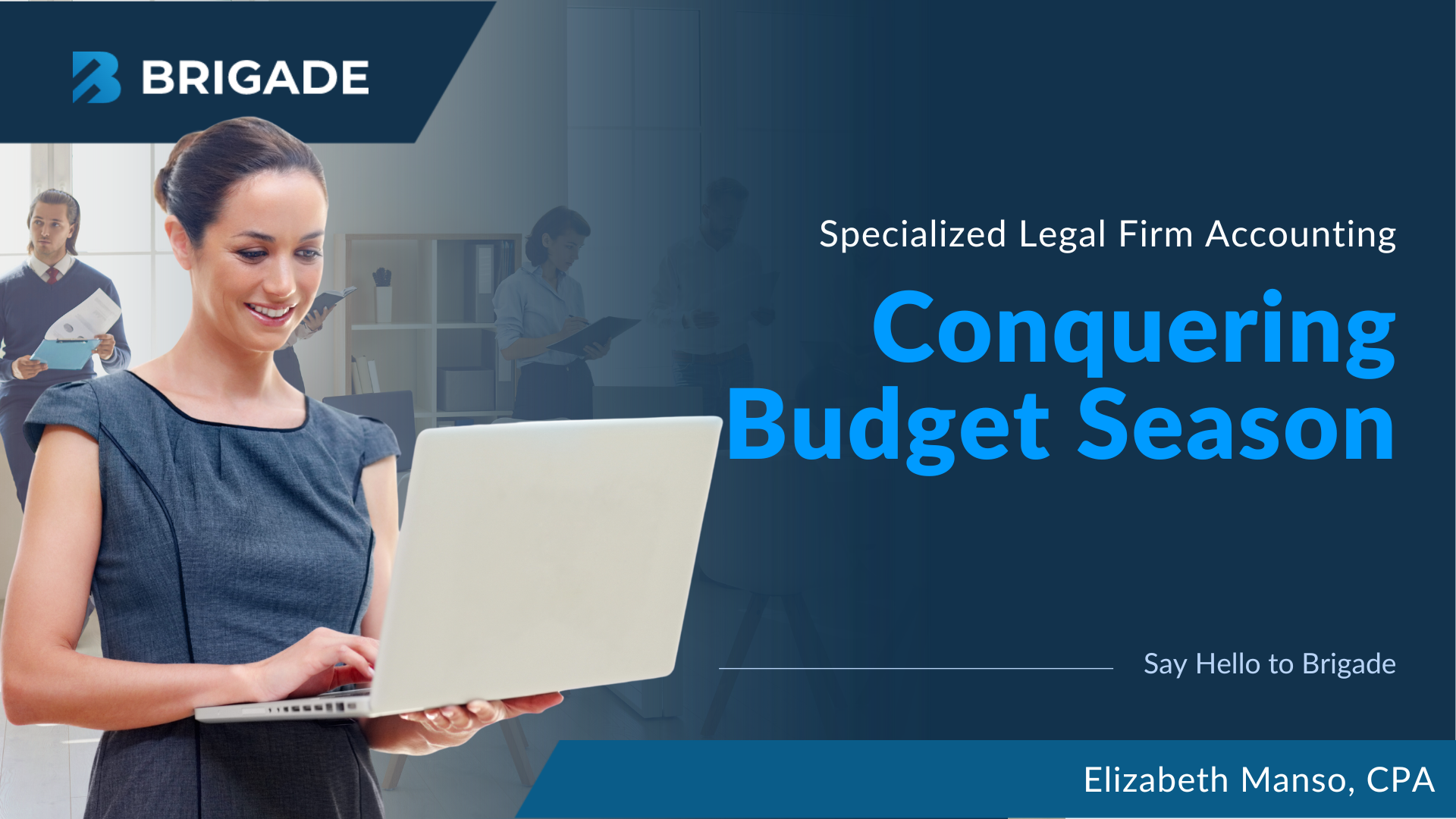Happy New Year! A week into the new year and already, I’m off to a running start. I’m visiting with existing clients, signing up new ones and chatting with others via e-mail and text. All of this time online made me think about how important it is to talk about online security. Are you talking to your family and clients about securing your online info, transactions, and conversations? If not, you should be.

Just recently, the Internal Revenue Service and various states announced a partnership to combat identify theft, especially when it comes to your taxes. Florida is actually one of the highest tax identity fraud locations in the U.S. So now is the time to talk online security. Here are a few things to think about:
- INSTALLING SOFTWARE – If you, your children, your aging parents or a co-worker share a computer, make sure you discuss computer security. First things first, any downloading or installation of security software should be done by one member of the family or a member of your company’s IT team. Warn your children, parents and employees, not to buy into false warnings about having to install a program for security reasons. Once, I installed a program thinking I needed it. Bad move, it was an unnecessary program that was thankfully, just annoying, but not a security breach.
- BEWARE OF SUSPICIOUS EMAILS – Never download an email attachment from someone you don’t know. If you, your employees or your family member have any doubts, make sure you talk to each other or to an IT expert about the content of the attachment.
- BEWARE OF SCAMS – There are scams that sound too good to be true and there are perfectly worded scams that some people are intrigued enough by to explore. Beware of online, telephone and social media scams. If in doubt, don’t reply or engage.
- DON’T SHARE YOUR PERSONAL INFORMATION – I have to remind both my employees and my daughter about this one since the whole point of social media is to share. Giving out too much information, like the purchase of a big ticket item in your home, could set you up as a target. You also want to avoid sharing your personal information, such as address and social security number, online. Scammers can use the two to apply for fake tax returns and even credit cards.
- OBTAIN AN ANNUAL CREDIT REPORT – Many of the major credit reporting agencies offer consumers a free credit score check once a year. You can sign up at annualcreditreport.com to make sure thieves haven’t used your personal information to open up bank accounts or credit cards.
I hope you will take the time to speak to your children, parents and employees about the importance of keeping their online identity secure. In the meantime, I hope your new year is going well so far and I wish you the best in 2016!
Have a productive work week everyone!

